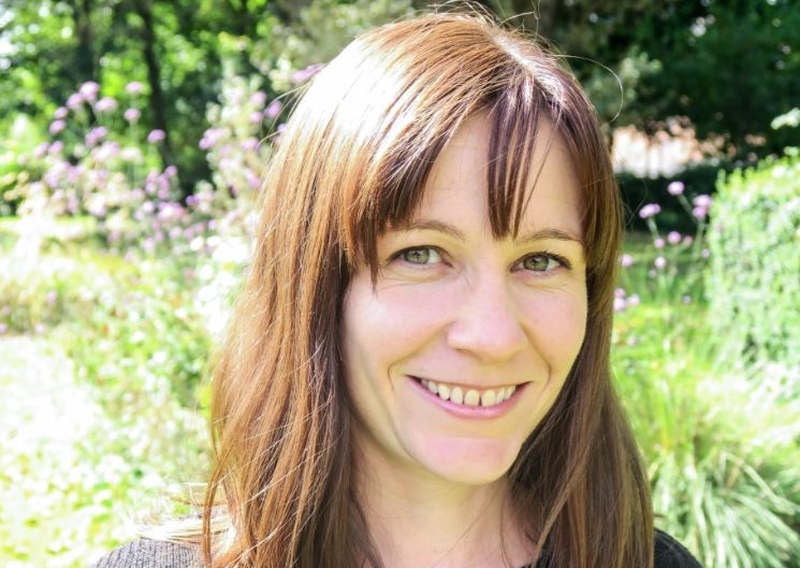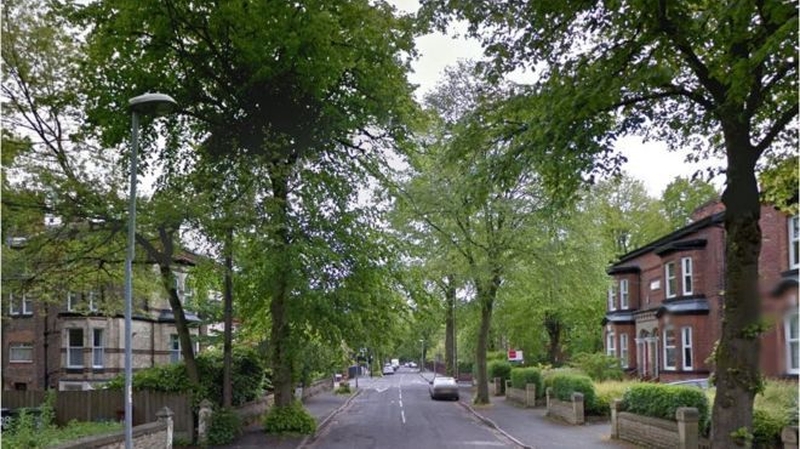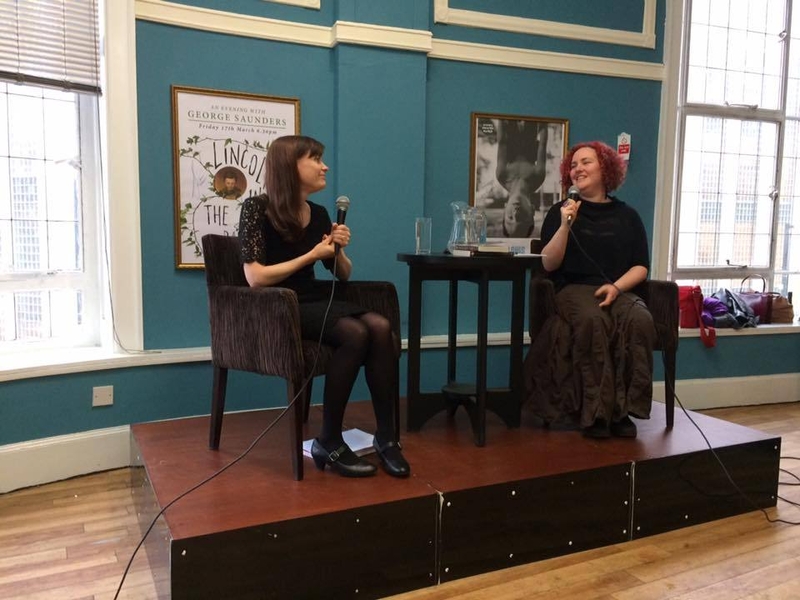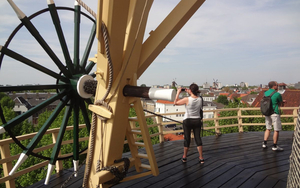In this clever, romantic debut novel set in Whalley Range, a young woman still finding her way falls for Erik: a middle-aged artist and hoarder
On receiving my review copy of Making Space, I planned to read a couple of chapters a day. I’d ponder each one, make a few notes and resume the following evening. After all, I’d heard it was a “quiet” book: no breakneck plots or fictional trapdoors, rather the gentle unfurling of a considered literary debut.
I devoured it in one afternoon.
My mistake? Assuming it wouldn’t be as compulsive as it is. Much like protagonist Miriam, Making Space defies the ignorant judgements sometimes placed on “quiet” - meek, mild - and instead highlights its humbler charms and refreshing honesty. Whereas some noisier books may rely on cliffhangers and a new twist on every page (I’m thinking of a certain Mr Brown), Making Space shows you don’t need cheap thrills to be a page-turner.
The blurb gives us a taster: “Miriam’s life consists of temp jobs, an unsuccessful love life and a flatmate who is no longer a friend. In a desperate attempt to start again, she gets rid of almost everything she owns. Then she meets Erik: 45, a successful artist and an obsessive hoarder still haunted by the end of his marriage. Somehow, as Miriam helps Erik clear out his paper-packed home, they must work out what to keep and what to let go.”

Or, as Confidentials writer Sarah has taken to describing it, “a literary romance about a girl who falls in love with a hoarder”. After all, when the thousandth person asks you what your book is about, you need a short sharp answer.
Both do the book justice to a certain extent, but only by reading it can you unpeel its multiple layers and complexities. If you’re expecting this to be a conventional romance, boy meets girl and rescues her from her dreary man-less existence, you’d be very wrong. While Miriam may initially feel she needs a love life, she quickly realises self worth should be reliant on nobody - nor thing - but herself.
Miriam is rendered beautifully: a young woman who, like many, is still struggling to find her place in life. With experts often calling this “the age of loneliness”, she is a prime example: becoming increasingly estranged from her university friends, reliant on flat-sharing with someone she no longer likes and with apparently few opportunities to meet new people. Since it’s 2012, she doesn’t encounter the perils of Tinder, but otherwise it’s a pretty accurate indictment of the millennial coming of age. I quickly found myself running the gamut of emotions on her behalf: from happiness to despair, outrage to relief.

Cleverly, Miriam is inversely mirrored in Erik, the reclusive hoarder she is sent to help while temping. While she is “the girl who disliked herself so much she had to start again from scratch” - shedding most of her belongings - he is the man who can’t let go, clinging to his books and magazines in the misguided hope they’ll fill a hole in his life. Both mistakenly intertwine possessions with feelings of identity, albeit for very different reasons.
It’s far from a depressing book, though. Revealing she wanted to cover some kind of mental illness at her Waterstones book launch last month, Sarah said she chose hoarding because it’s not as bleak as many conditions. There’s a positive element, in the ability to appreciate and see the beauty in things that might not be so obvious to others; Miriam is amazed, for example, when Erik enthuses over a particular magazine typeface or the interplay of colours on a page.
When Sarah read out a chapter, I was also struck by the undercurrents of comedy. I’d been too absorbed when reading Making Space to consciously register its subtle ironies; hearing it out loud, however, I found myself chuckling knowingly along with the rest of the audience. The use of the first person helps, as does the relatively sparse prose - embellishment is used selectively, letting the wit and the characters’ personalities shine through.

I could wax lyrical about various other things: the gentle clues that piece together Miriam’s character, the way other characters highlight the poignancy of her situation, the consistently sharp insights into attachment and its consequences. The pace at which Erik and Miriam’s relationship evolves I also found effective, ebbing and flowing with each secret revealed and each setback overcome.
But I’ll end, instead, on location - for this is a Manchester book. With northern fiction still underrepresented, or else often misrepresented with clichéd labels like “gritty”, novels like Making Space are vital representations: fresh and original, with no irrelevant pigeonhole in sight. Sarah completed a Novel Writing MA at Manchester University and the book draws on her experience of living in Whalley Range: its “shabby grandeur” evoked in grand old homes, now cut into blocks of flats like Miriam’s, and the decaying glory of Erik’s house close to Alexandra Park (which has since undergone extensive work). You’ll also find Chorlton, Ardwick and a glimpse of the Northern Quarter.
To summarise: a cracking read, with a complex cast of faces and familiar places… this is most definitely a book to make space for.
Making Space by Sarah Tierney (£8.99, Sandstone Press)
Upcoming events
Reading + Q&A at Urmston Bookshop - Tuesday 16 May
72 Flixton Road, Urmston, M41 5AB (7pm; tickets £3 inc. glass of wine, redeemable against book purchase on the evening)
Verbose at Fallow Café - Monday 22 May
2A Landcross Road, Fallowfield, M14 6NA (7.30pm; free)














